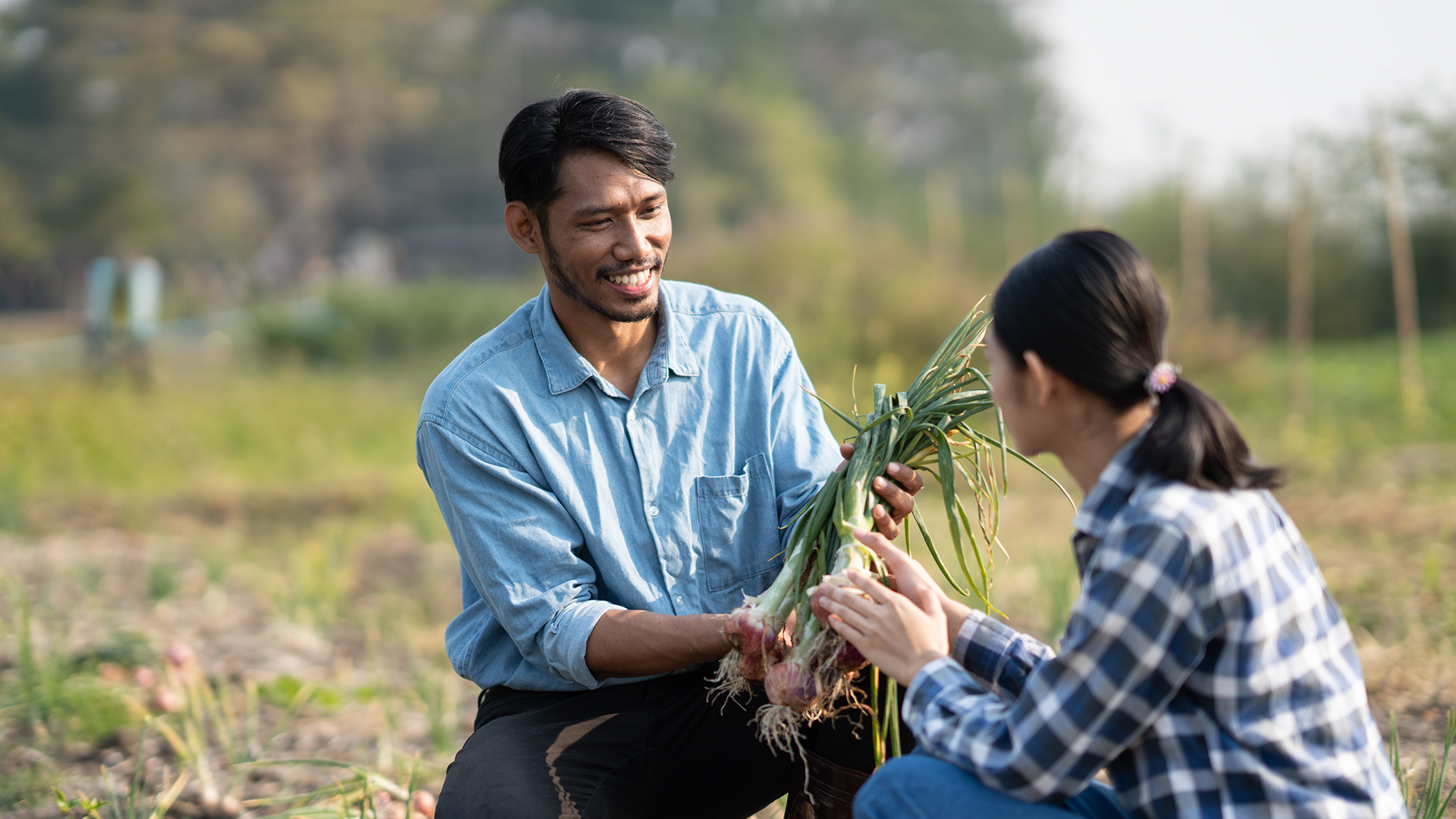OVERVIEW
The Centre for Active Living is at the forefront of research dedicated to transforming how we prevent, treat, and manage health challenges in today’s evolving world. From harnessing cutting-edge technologies to develop breakthrough treatments for non-communicable and infectious diseases, to reimagining healthcare through digital innovation and interdisciplinary collaboration, the Centre is driven by a bold vision for the future of well-being.
Our researchers are advancing the science of active ageing, functional nutrition, and regenerative medicine to tackle pressing issues such as diabetes and age-related complications—empowering individuals not just to live longer, but to live better.











